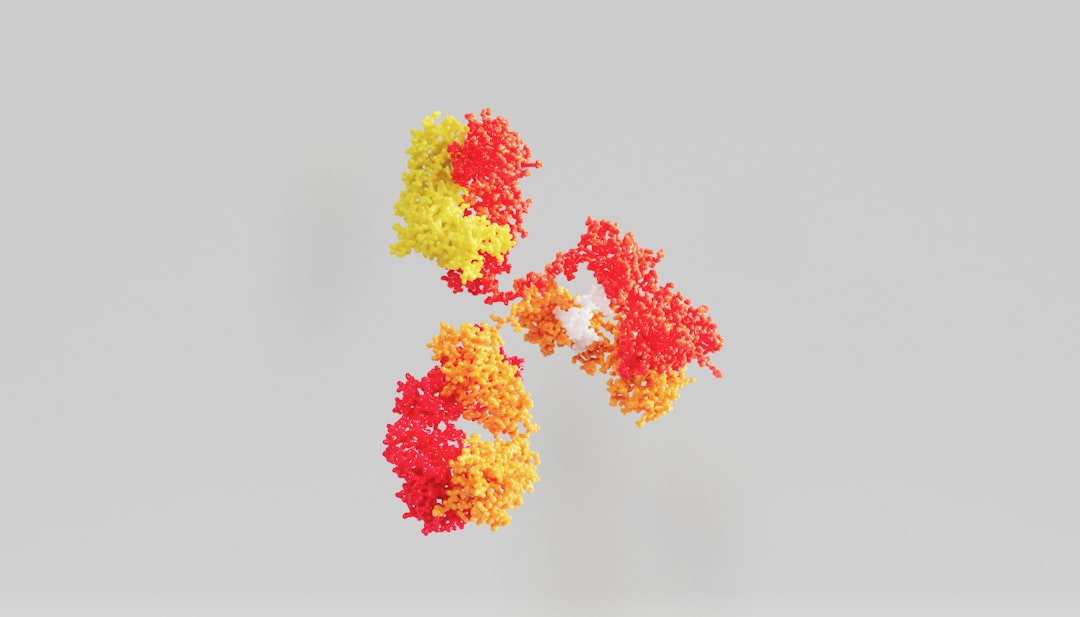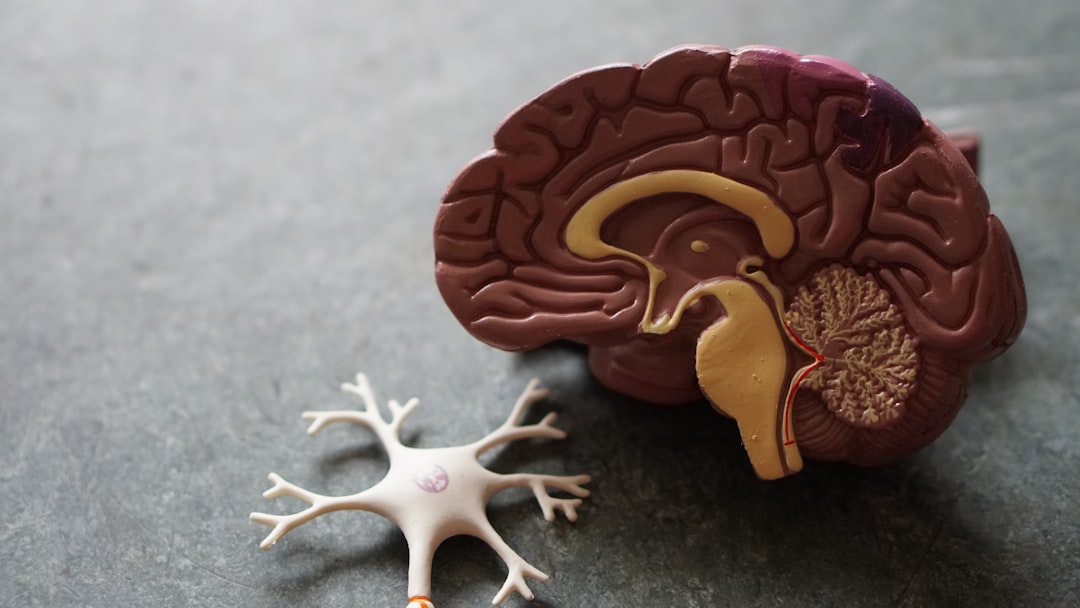What is it about?
M. tuberculosis is a highly successful intracellular pathogenic microorganism, and macrophages are its main parasitic site. Consequently, it is necessary to remove intracellular mycobacteria to completely cure TB. Although studies have predicted that platinum compounds may have a site of action against M. tuberculosis in vitro , it is still unclear whether platinum compounds can affect mycobacteria inside the cells. This study aims to investigate the effect of cisplatin on the proliferation of mycobacteria within macrophages and to explore its possible molecular mechanism.
Featured Image

Photo by CDC on Unsplash
Why is it important?
The main finding of the present work shows that a low concentration of DDP with little cytotoxicity could eliminate intracellular bacteria and reduce the spread of mycobacteria through cell apoptosis. DDP may activate the JAK, p38 MAPK and PI3K pathways in infected macrophages and then promote the phosphorylation of p53 protein, which could change the expression level of the apoptosis-related proteins Bax and Bcl-2 and lead to cell apoptosis. Therefore, DDP may be a new host-directed therapy for TB treatment, and it also provides ideas for the treatment of other intracellular pathogens.
Perspectives
Writing this article is a pretty pleasant thing because it has co authors who have long worked with me. In this study, we found that DDP might be a new host directed therapy for TB treatment and also shed light on the treatment of other intracellular pathogens.
LEI XU
Chongqing Medical University
Read the Original
This page is a summary of: Inhibition of mycobacteria proliferation in macrophages by low cisplatin concentration through phosphorylated p53-related apoptosis pathway, PLoS ONE, January 2023, PLOS,
DOI: 10.1371/journal.pone.0281170.
You can read the full text:
Contributors
The following have contributed to this page










